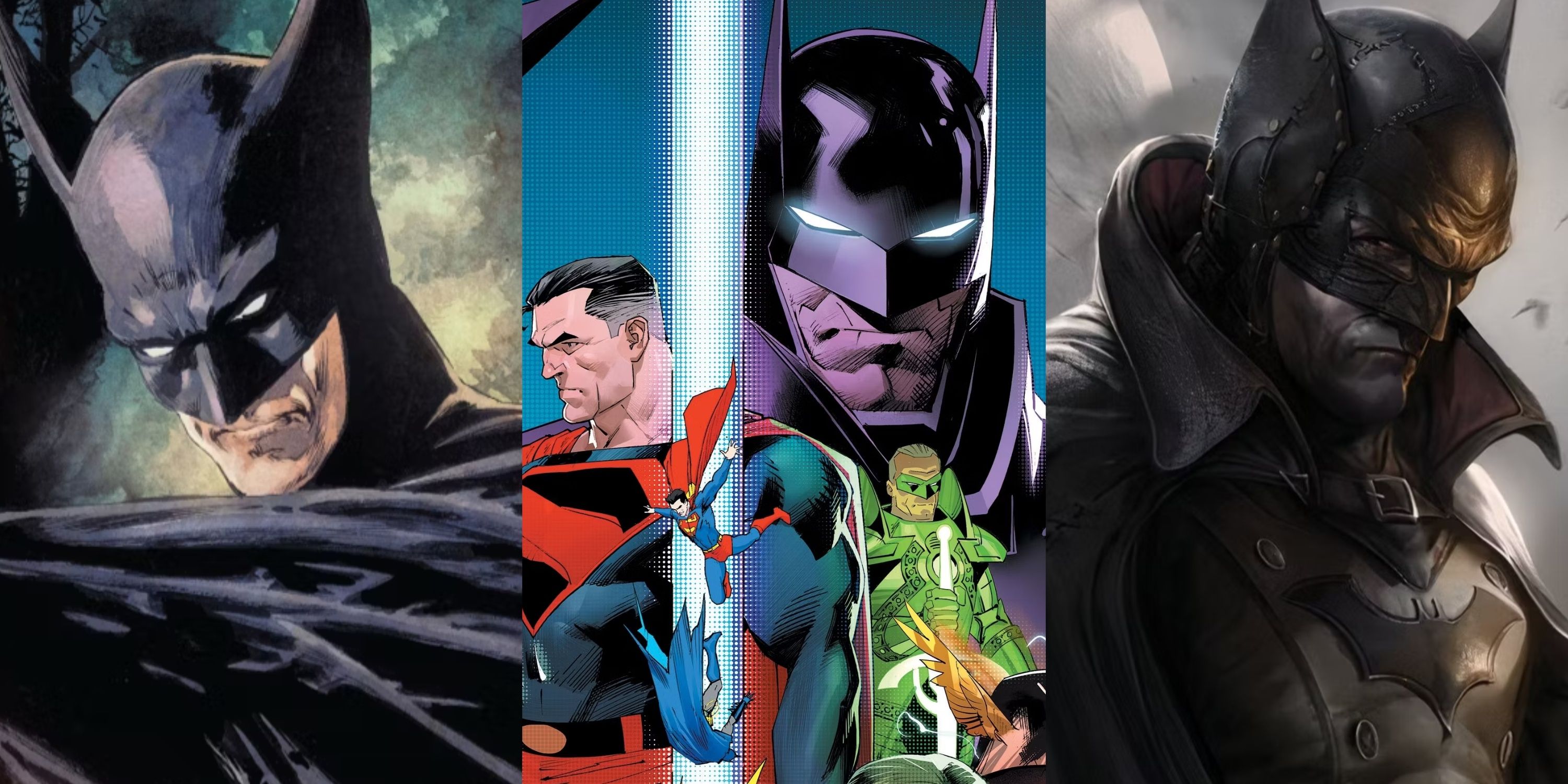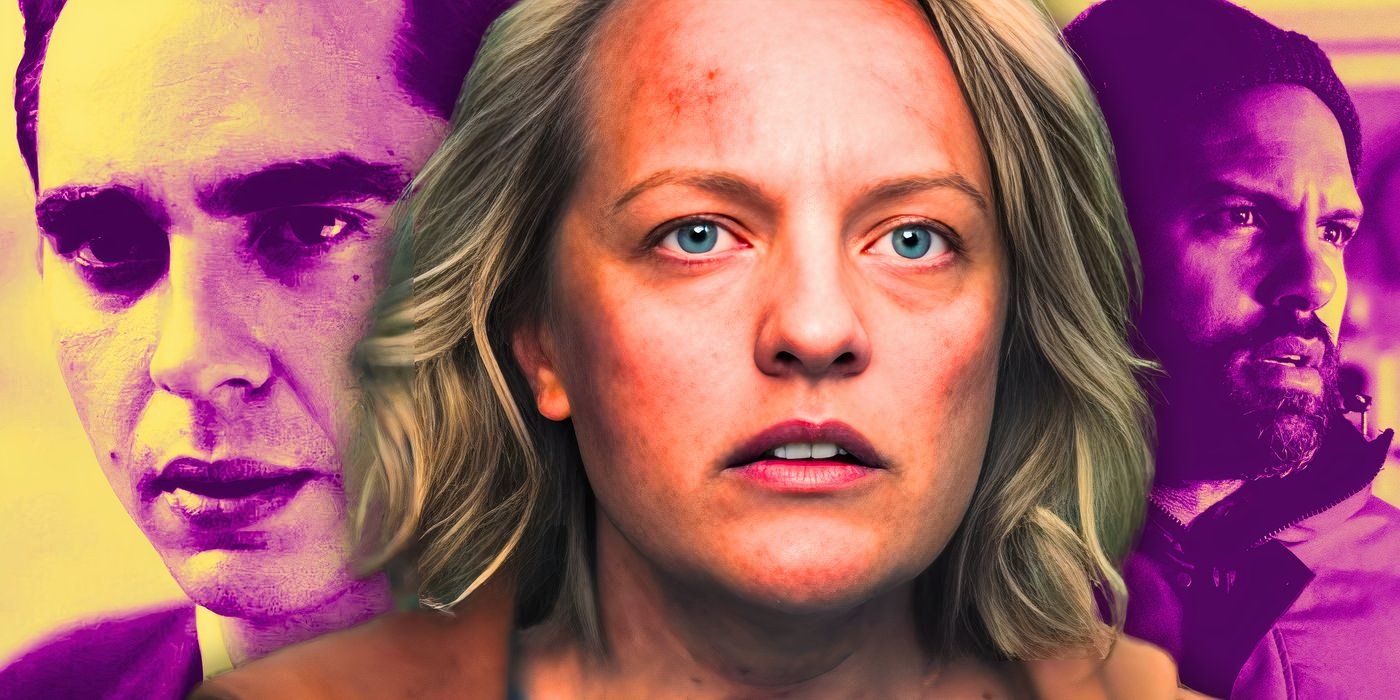The decision in Microsoft‘s legal case against the US Federal Trade Commission (FTC) is a historic one, but for those who don’t have a law degree, it can be hard to understand. The case surrounds the Microsoft Corporation’s attempt to purchase the game developing and publishing powerhouse Activision Blizzard, Inc., an enormous conglomerate that counts Call of Duty, Overwatch, and Candy Crush among its flagship properties. Microsoft first announced its plans to buy Activision Blizzard in January 2022, and the FTC’s review began shortly thereafter. The legal battle began in earnest by June 2023, when the FTC filed its first documentation in the United States District Court for the Northern District of California.
FTC v. Microsoft was decided in Microsoft’s favor on July 11, 2023. As with most FTC court cases, much of the surrounding information is publicly available. But since this case deals with several of the most prominent entities in the video game industry, it’s attracted an extraordinary amount of widespread attention, especially when it revealed rumors like the predicted release date of the PlayStation 6. However, if those following the case don’t have a law degree, terms like “preliminary injunction” and “subpoena ad testificandum” are liable to make their head spin. In the plainest terms, the following describes why this case exists, how the ruling was reached, and what it may mean for the future of the video game industry.
What The Microsoft Court Rulings Mean
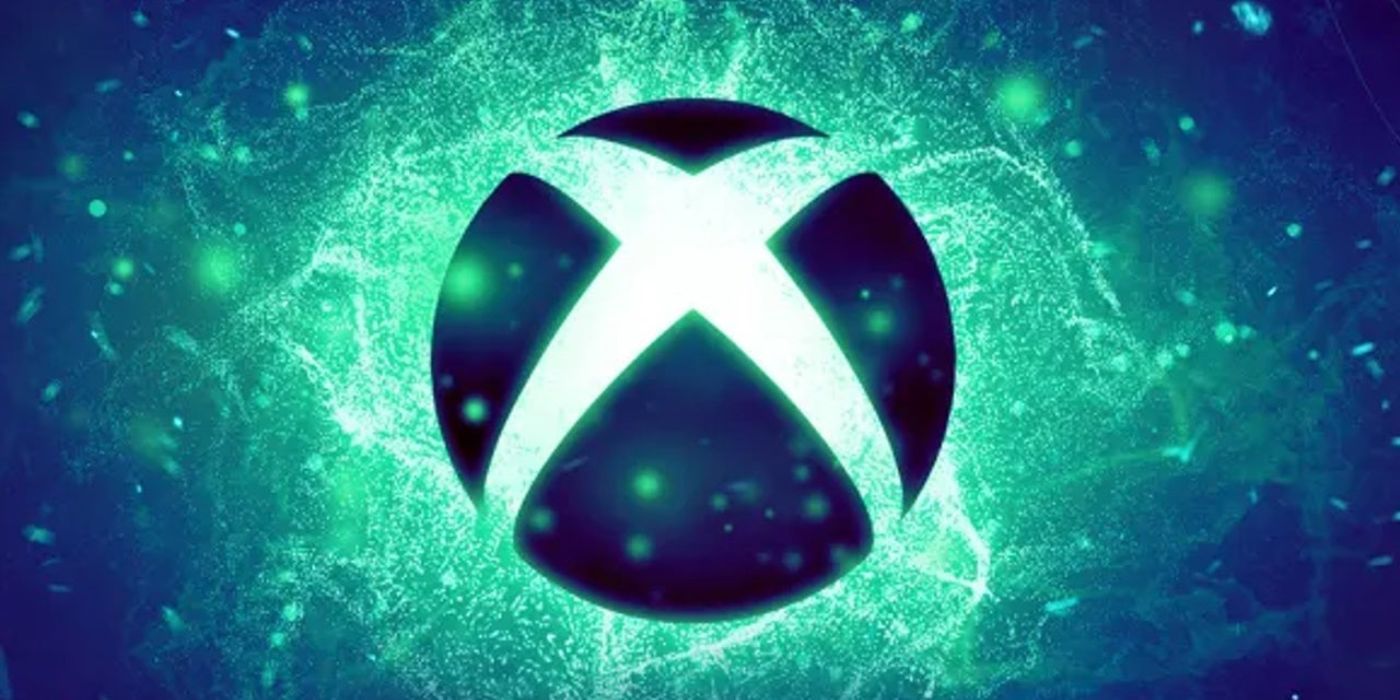
The court initially ruled in favor of Microsoft, which meant that the US government had officially approved Microsoft’s attempt to purchase Activision Blizzard. But it wasn’t over completely. The FTC had the opportunity to appeal the decision until July 14, which would give it the chance to point out flaws in the trial in order to potentially overturn the result. However, on July 14, 2023, a U.S. appeals court rejected the FTC’s request to pause Microsoft’s purchase of Activision Blizzard.
With the FTC roadblock seemingly out of the way, there was still another big problem, as Microsoft still had a similar case from the United Kingdom’s Competition and Markets Authority (CMA). As one of the first regulatory bodies to raise concerns about the acquisition, concessions had to be made to complete the deal. Through a long process of denials and appeals, the case finally saw a resolution with the UK regulator on October 13, 2023, when the CMA officially approved the deal due to a restructuring agreement that ensures that Microsoft transfers cloud gaming rights for current and new Activision Blizzard titles to Ubisoft.
Sarah Cardell, CEO of the CMA stated, “With the sale of Activision’s cloud streaming rights to Ubisoft, we’ve made sure Microsoft can’t have a stranglehold over this important and rapidly developing market.” (via TheVerge). With this last roadblock cleared, Microsoft-Activision officially announced the completion of the acquisition. Microsoft Gaming’s CEO, Phil Spencer said, “Today we start the work to bring beloved Activision, Blizzard, and King franchises to Game Pass and other platforms.“
Why The FTC Sued Microsoft
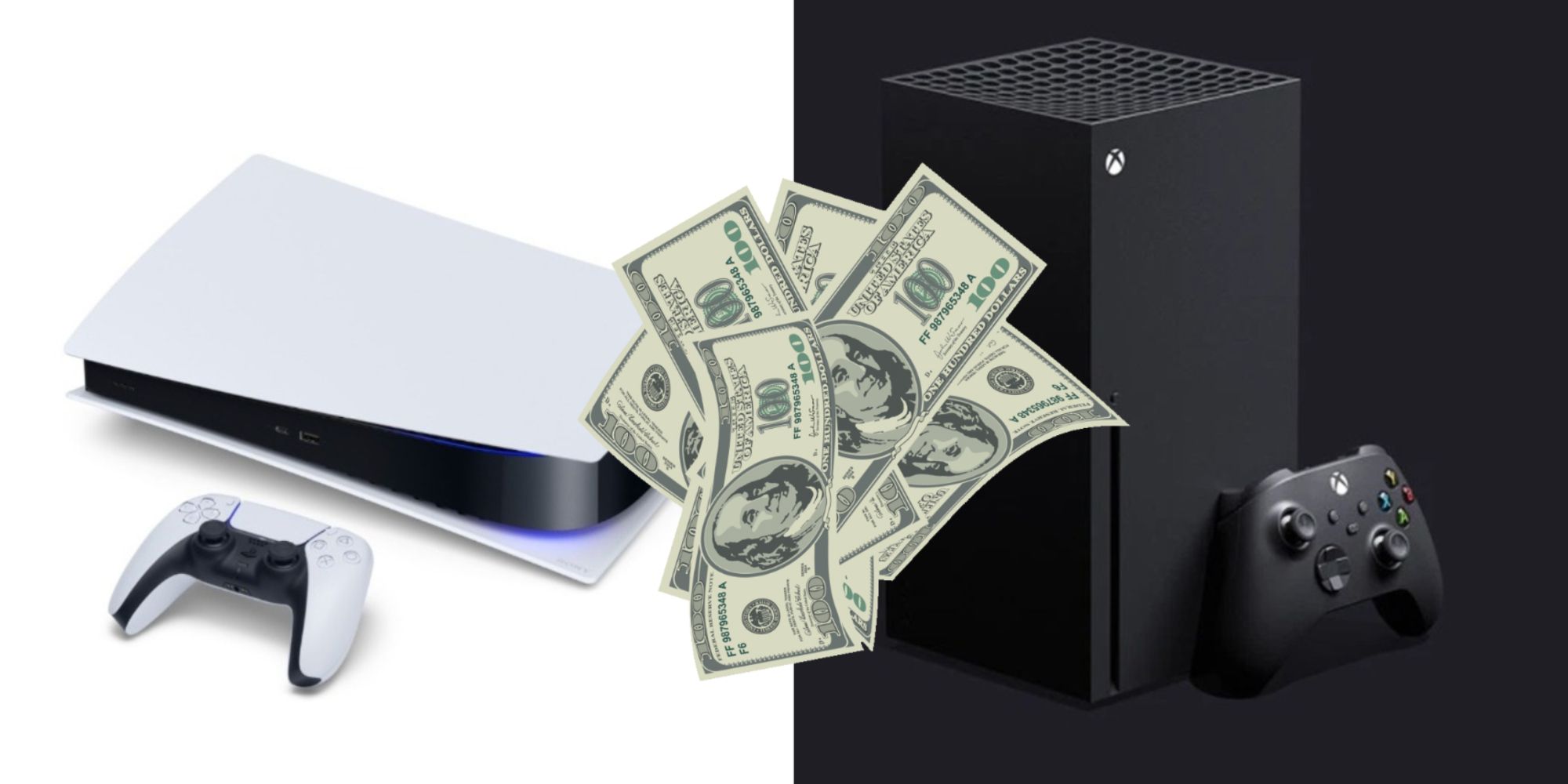
The Federal Trade Commission sued Microsoft because it believed that the purchase of Activision would give the company too large a share of the video game market. In the US, companies are subject to antitrust laws, which are supposed to promote fair and healthy competition in business. That basically means preventing any company from growing too powerful and holding an unjustified monopoly, where one company controls an entire industry without any competitors. Antitrust laws have a long history in the United States, beginning with the Sherman Act of 1890. The FTC was established in 1914 with the passage of the Federal Trade Commission Act, and in recent years has regularly brought tech companies to court over antitrust concerns.
The Activision Blizzard deal enormously increases Microsoft’s standing in the video game market, making Microsoft the third-largest video game company by total revenue worldwide. That puts it directly behind Sony, the company behind Microsoft’s biggest rival in the home console market: the PlayStation. The FTC began reviewing Microsoft’s attempt to buy Activision in January 2022, under FTC chair Lina Khan, and filed a court case to prevent it in December of that year. The FTC described a belief that Microsoft’s ownership of Activision’s major video game franchises, along with exclusivity to its Xbox console and Xbox Game Pass service, could be used to unlawfully crush competition from Sony and Nintendo.
How Microsoft Won The FTC Court Case
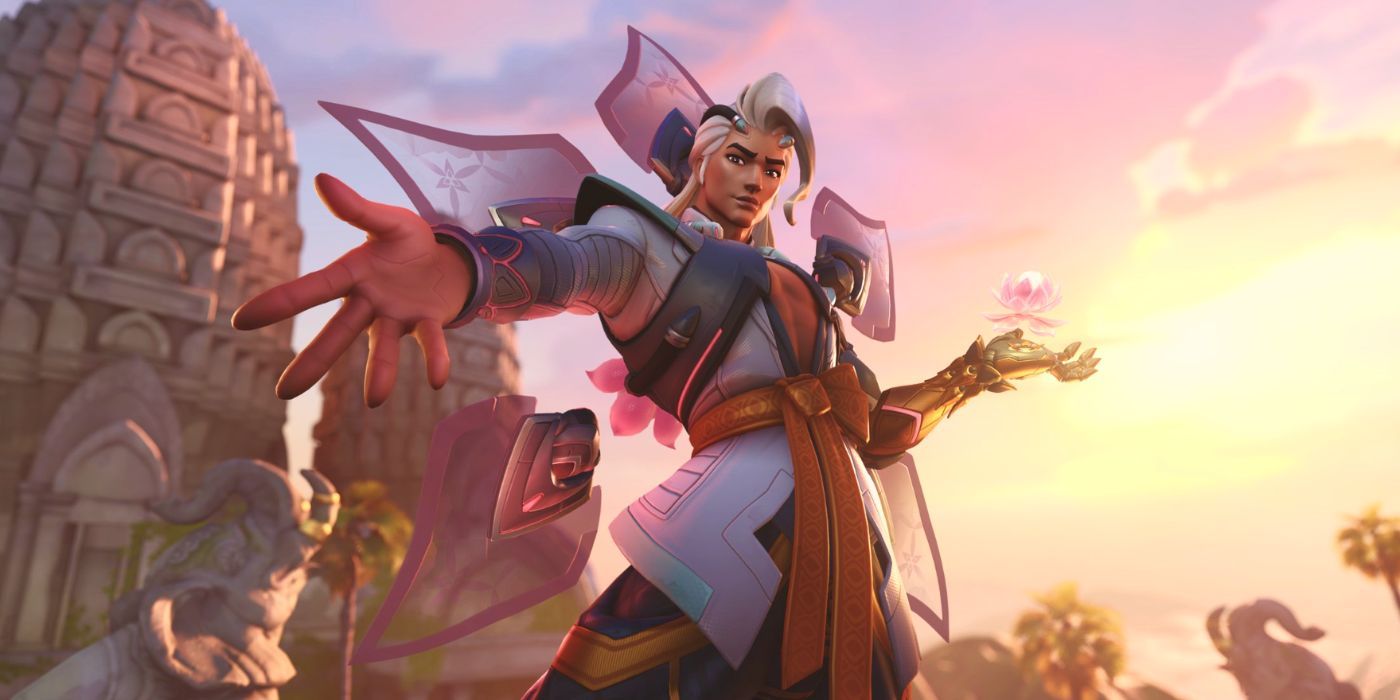
During the trial, the court heard evidence from across the video game industry. Phil Spencer, CEO of Microsoft Gaming and head of the Xbox brand, appeared before the court, arguing that PlayStation exclusivity of games like Final Fantasy 16 forced Xbox into releasing exclusives of its own. The FTC tried unsuccessfully to argue that the Nintendo Switch’s performance meant that it was not a direct competitor to the Xbox line of consoles. Microsoft’s representatives made their own predictions about the future of the video game market, sparking rumors about the upcoming PS5 model.
Ultimately, though, the court was not convinced by the FTC’s claims that Microsoft owning Activision Blizzard would prevent competition in the video game industry. Judge Jacqueline Scott Corley denied the request for an injunction, effectively allowing Microsoft to proceed with its Activision Blizzard deal. The result was based largely on Microsoft’s promise to keep Activision Blizzard games like Overwatch available on other platforms, even after Activision Blizzard’s deals expire with Sony and Nintendo. Judge Corley specifically cited Microsoft’s plans to keep Call of Duty available on non-Microsoft platforms in her decision.
What The Result Means For The Future Of Microsoft, Sony, & Third-Party Games
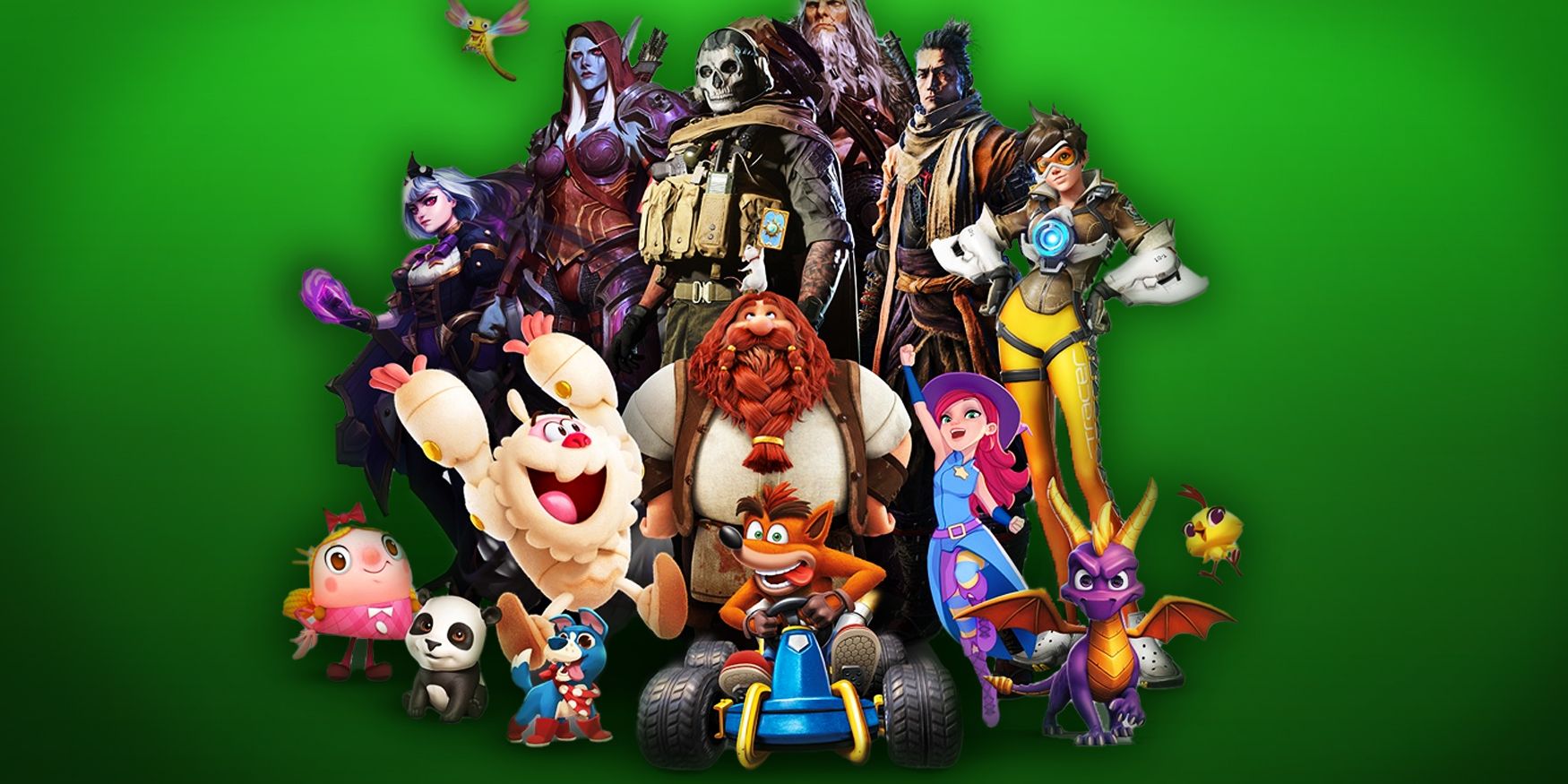
Even though the Microsoft-Activision Blizzard deal has official US government approval, that doesn’t mean all Activision Blizzard games will disappear from the PlayStation Store tomorrow. Activision still has deals with other companies to make its games available on multiple platforms, so until those expire, Microsoft can’t attempt to make games like Call of Duty, Overwatch 2, or Diablo 4 exclusive to its platforms. Moreover, Microsoft has promised to continue making these games available on PlayStation even after those contracts are up. Its agreement with Ubisoft also means that Blizzard and Activision titles will remain on that platform.
Furthermore, making multi-platform games exclusive to just one console could actually result in a significant loss for Microsoft. PS5 and Switch players make up a large share of the paying customers that come from big-name, multi-platform, online multiplayer franchises like Overwatch. It’s unlikely that Microsoft will make those games exclusive and lose out on all that revenue any time soon. Activision Blizzard could theoretically put out any number of new games exclusive to Xbox and Windows PC in the future, but current multi-platform games and series will probably remain that way for the foreseeable future.
What is interesting about this case, though, is the standard it sets for console exclusives. In the US legal system, precedent is an important concept in which the results of landmark court cases can influence similar cases that come after them. With FTC v. Microsoft, the US government has given its implicit approval to the practice of releasing games as console exclusives. Any future attempts to sue video game companies under antitrust laws for releasing exclusives will certainly look back at this case and its ruling in favor of Microsoft. As a result, exclusive games could become an even bigger point of competition between rival consoles.
As it stands, the FTC and CMA has given Microsoft the go-ahead to continue with its purchase of Activision Blizzard, ensuring the completion of the acquisition. This victory in the global courts is a promising predictor for Microsoft‘s future success with its Xbox brand. What this means for the future of gaming and the quality of games that are produced by the companies; however, only time will tell.


